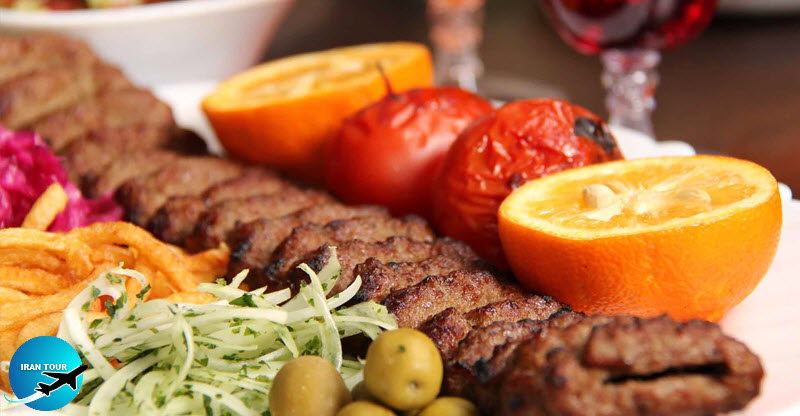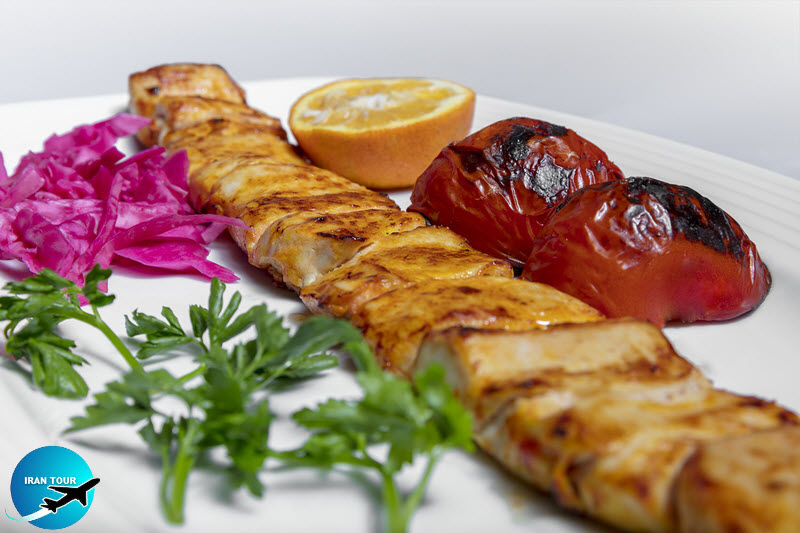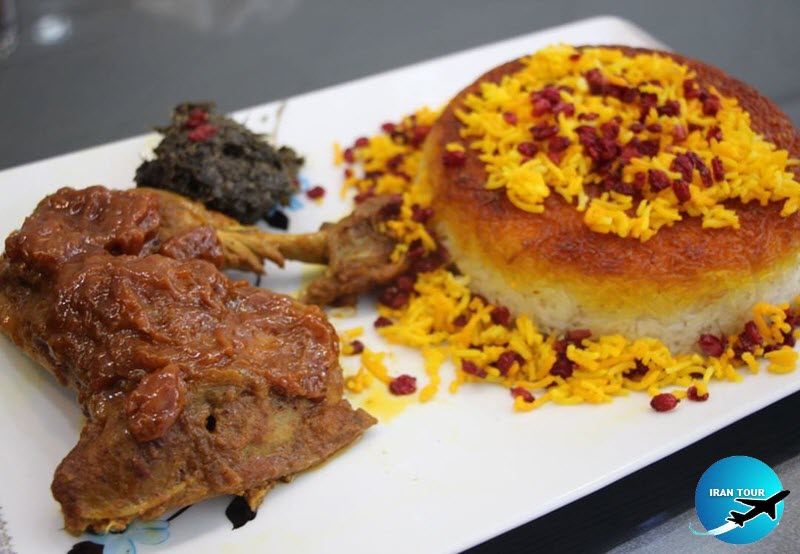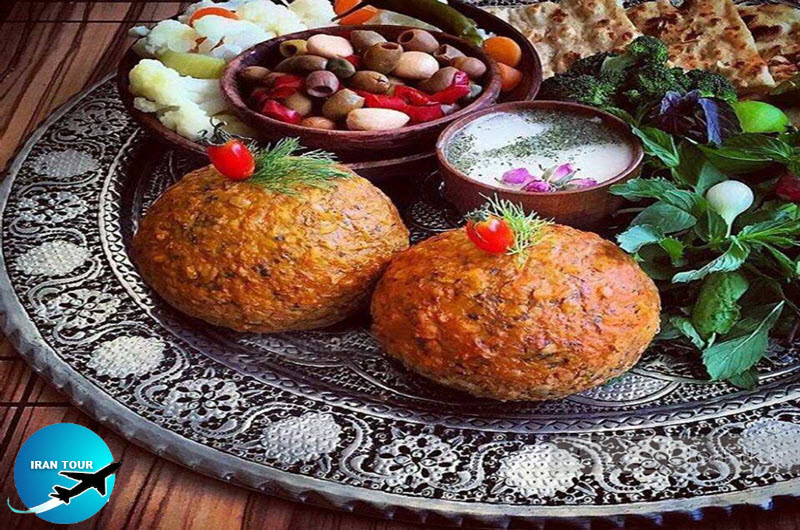Copyright 2020 - 2021 irantour.tours all right reserved
Designed by Behsazanhost
Iran Food tourism is an opportunity for Iranian ecotourism
Iran Food tourism is an opportunity for Iranian ecotourism
Opportunity for Sustainable Development of Rural Areas in Iran
Rural Tourism has substantially developed in the world in the past few decades and has regularly been added to the scope of its diversity. Food Tourism is a subset of rural tourism which is considered by planners and policy-makers in some countries with respect to its function and its benefits. Over the past decade, increasing competition among tourism destinations has led to the growth remarkable in tourism attractions in order to attract tourists and their satisfaction. Nowadays, food tourism has been recognized as one of the main tools for rural and regional development in many countries. Food tourism plays a prominent part in the economic development strategies of many developing countries. Although there are a variety of local and traditional foods in Iran, Iran Food Tourism is not well introduced. The number of these tourist attraction fans in Iran is increasing. Food and tourism have a very close relationship and food is a critical tourism resource. Local foods are widely recognized as an essential part of the tourism experience.
 |
| 15 Mouth-watering Cuisines You Have to Try in Iran |
The main reasons for the formation of food tourism mainly include the influence of urbanization, agriculture's emergence, globalization or localization, interests in food, eating experience, and cultural differences among tourism consumers around the world. Investigations on food tourism indicate that this sector of the tourism industry has a wide range of functions in various aspects. Numerous studies have demonstrated that food tourism can play a significant role in balanced sustainable development. Food tourism can play an effective role in economic, socio-cultural, and environmental development as well as the development of tourism destinations.
It is also, is considered an engine for economic growth in rural areas. Functions of food tourism Economic Social-cultural Environmental Improving and commercialization of agriculture products capitalize on local assets- Creating employment for rural youth and women youth, Increasing income and reducing poverty, Contributing to the development of organic agriculture, the creation of economic opportunities through attracting tourists, the creation of markets for agricultural products and foodstuffs, Creating a brand for tourism destinations, creating new value-added food products - Support for local investment enterprises, mostly farmers and small producers, helping to security of business in the future, increasing in turnover of regions formation of clusters food and cooking, conservation of traditional foods, Strengthening of local identity and culture-Creating and strengthening the local identity, Improving quality of life, creating a sense of local pride, help to identify agricultural products in different regions and countries, helping to educate consumers about agriculture and rural heritage, establishment of cultural interaction among nations.
 |
More communication between producers and consumer empowerment of the community, especially women-Helping to improve community health through healthy food- Strengthening indigenous knowledge- Increasing local participation - Conservation of biodiversity (plant and animal)- Creating incentives for conservation of natural resources - Reduction of waste products-More control and conservation of natural resources There are a lot of capabilities order to growth and development of food tourism in Iran.
 |
An investigation indicates that there are approximately 2,500 local food and drinks throughout Iran. Despite the variety of food, Food tourism capacity is neglected in Iran. Research indicates that there are issues and challenges in order to development of food tourism in the country include:-Lack including serious attention to the issue of food tourism;- Lack of sufficient public awareness and understanding about this sector of the tourism industry;- Lack of necessary infrastructure at the local and regional levels;- Lack of necessary skills for presenting food tourism services; Lack of effective tourism strategies at the local, regional and national; - Lack of the necessary mechanisms for a guarantee of food quality;- Lack of necessary research in this field.
 |
Numerous studies have demonstrated that food tourism can play a significant role in balanced sustainable development. The findings show that food tourism has great potential and actual capabilities and can play an important role in rural and regional development and also leads to an economic boom and creates a unique identity for the local communities. It seems that the boom in tourism and food tourism, especially in rural areas, can be somewhat effective in solving some of the problems in rural communities such as unemployment, poverty, migration, and low productivity. Therefore, tourism planners, custodians, and stakeholders should focus their efforts on the appropriate organization of the tourism industry, meeting the needs of customers, strengthening local economies, and creating a true and accurate framework for the management of local and regional foodstuffs.
- Details
- Category: IRAN Blog